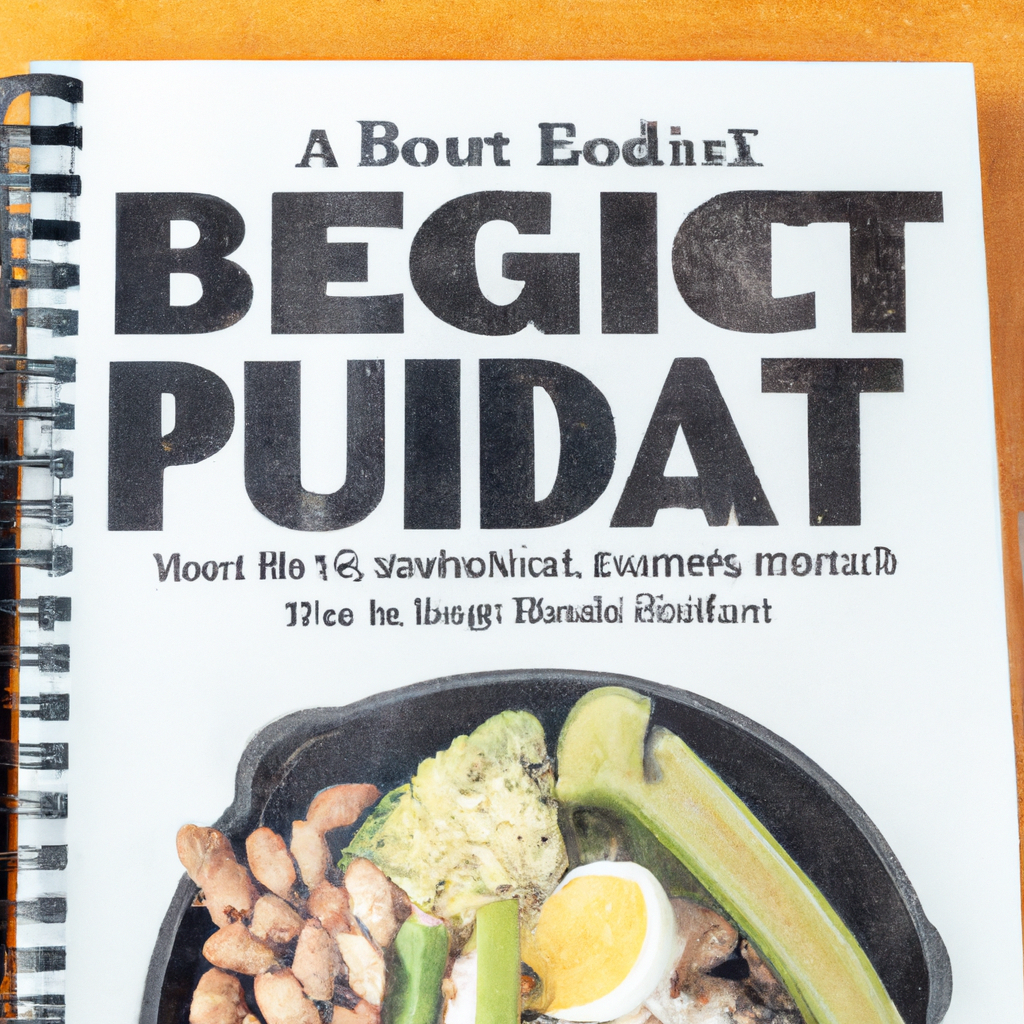In a world where our food is often processed or modified, eating primal is becoming a popular choice for those looking for an alternative. But with many people being on a budget, eating primal can seem out of reach. Have no fear! Here are some tips for North American consumers to help keep your diet primal, without breaking the bank.
1. The Benefits of Eating Primal on a Budget
A healthy diet consisting of natural ingredients can help us live our happiest and healthiest lives, but it’s often assumed to come at a high cost. Contrary to popular belief, following a primal diet – or what is now referred to as a Paleo diet – can be done on a budget.
Protein at an Affordable Price
Consuming adequate protein is fundamental for replenishing our bodies, and it doesn’t have to break the bank. Opting for affordable proteins such as eggs, canned fish, and grass-fed beef are all proteins that can be found at a lower cost than fresh meat or fish.
Stay Local for Produce
Fruits and vegetables are a significant factor in any healthy diet. Many of us tend to drift toward the exotic fruits and vegetables in the grocery store, but these can come with hefty price tags. To ensure more wallet-friendly produce, visit a local farmer’s market to find hard-to-resist options that won’t set you back.
Bulk Options
Buying in bulk is a great way to save money, and it’s even easier for primal dieters. Many family-run stores keep bulk bins filled with affordable nuts, seeds, and legumes. These forms can often last much longer than pre-packaged options, and they come at a fraction of the cost.
Creative Meal Planning
Planning creative meals is a great way to workout a budget-friendly primal diet. Use the same base ingredients such as eggs, sweet potatoes, and canned tuna to make breakfasts, lunches, and dinners for days at a time. Plus, with ample amounts of leftovers for further meals, keeping a primal diet on a budget is totally achievable.
- Lean proteins such as eggs, canned fish, and grass-fed beef can be found at an affordable price.
- Visit local farmers markets for wallet-friendly produce.
- Family-run stores have economical bulk bins full of nuts, seeds, and legumes.
- Planning creative meals with the same base ingredients can make primal dieting on a budget easier.
2. Tips for Maximizing Savings with Primal Eating
Shop Smart
- Take advantage of specials and sales, purchasing items in bulk when possible.
- Shop the periphery of the store, avoiding pre-packaged goods as much as possible.
- Visit local farmer’s markets to purchase produce in season and at a discount
Cook at Home
- Plan meals in advance and make a shopping list before going to the store.
- Try and prepare meals ahead of time when possible, to reduce cooking time.
- Utilize the freezer and pantry, using up leftovers to help prevent waste.
Include Low-Cost Staples
- Find and use nutrient-rich options that are cheaper and more filling than specialty items.
- Select ingredients that can be used in multiple recipes to extend the value of each purchase.
- Stick to whole, unprocessed foods; opting for brands that offer chemical-free options.
Grow Your Own
- Growing a garden provides an inexpensive source of fresh fruits and vegetables.
- Invest in the necessary supplies to raise eggs and poultry, or join a community farm.
- Opt for seasonal harvests; buy in bulk for long-term storage.
3. Making the Transition from Conventional to Primal Foods
Making the transition from your standard diet to a primal one can seem daunting at first, but with some commitment and creativity, it’s definitely doable.
To get started, the best advice is to start slowly and take the change step-by-step. Try replacing one unhealthy snack with a primal snack and gradually work your way up to eating primal meals. This way, you can ease stray cravings and slowly move away from conventionally-produced, processed foods.
There are some great substitutions you can make to incorporate primal foods into your meals. For example:
- Make a smoothie for breakfast with almond milk, frozen banana, spinach, and hemp seeds instead of cereal and milk.
- Wrap up lunch in a large lettuce leaf instead of a pita or wrap.
- Skip soda and snack on fresh fruit and nuts instead.
- And, snack on avocado toast instead of toast with butter.
To make sure you stuck with the primal diet, it’s important to plan ahead. Plan out all your meals for the week and make sure your pantry is stocked with primal-approved items, but also don’t forget to enjoy the foods you do eat.
Also, keep in mind that sticking to your primal diet doesn’t mean avoiding special occasions or social settings. Don’t limit yourself from attending family dinners or other events –grabbing a bite of that cake your grandmother made won’t ruin all your hard work.
Eating primal can be a healthy and delicious way to reset your body and get your nutrition back on track. It takes some commitment and work, but if you stick to it and keep trying new recipes and ideas, you’ll soon find that transitioning to primal foods is actually quite achievable!
4. How Primal Eating Can Help you Live Healthily and Affordably
It’s no secret that living a healthy lifestyle can be expensive. Whether it’s buying organic food, a gym membership, or a fancy new vegan smoothie, all those bills add up! Fortunately, one of the newest dietary trends, primal eating, can help you stay healthy without breaking the bank.
Primal eating is based on the caveman diet of centuries past. In this diet, adherents consume no processed foods—foods with added sugars, oils, and grains—and instead eats natural, unprocessed foods. This includes foods like meats, fruits and vegetables, nuts and seeds, and some healthy fats. Reducing the amount of processed food in your diet helps you reduce the amount of unhealthy chemicals and preservatives in your system—without having to buy expensive organic or vegan “superfoods.”
But primal eating isn’t just about helping your wallet. It also comes with a wide range of health benefits. Because primal eating focuses on a wide variety of unprocessed foods, it helps you get a variety of nutrients, vitamins, minerals, and fiber—all crucial for your health. Eliminating processed foods also helps you reduce your risk for serious chronic diseases like cancer, heart disease, and diabetes. Additionally, primal eating emphasizes eating naturally-occurring proteins, fats, and carbohydrates, rather than relying on supplements—which can save you a bundle in the long run.
Here are 4 of the biggest benefits of primal eating:
- It’s cheaper
- It’s family-oriented
- It’s healthier in the long-term
- It’s more sustainable
Primal eating is a great way to stay healthy without spending too much money. Its focus on unprocessed foods helps you get the nutrients you need while still keeping your wallet full. Once you get used to primal eating, you’ll likely find that it’s not only cheaper and healthier, but a much better way to enjoy food.
Eating primal on a budget is possible and can lead to a healthier lifestyle. From understanding which eats to buy to learning how to whip up fridge and pantry meals, with the right tips, you can make the leap and begin a journey into a way of life that’s both palatable and agile to your pocket. The world, quite literally, is at your feet. Bon appetite!



